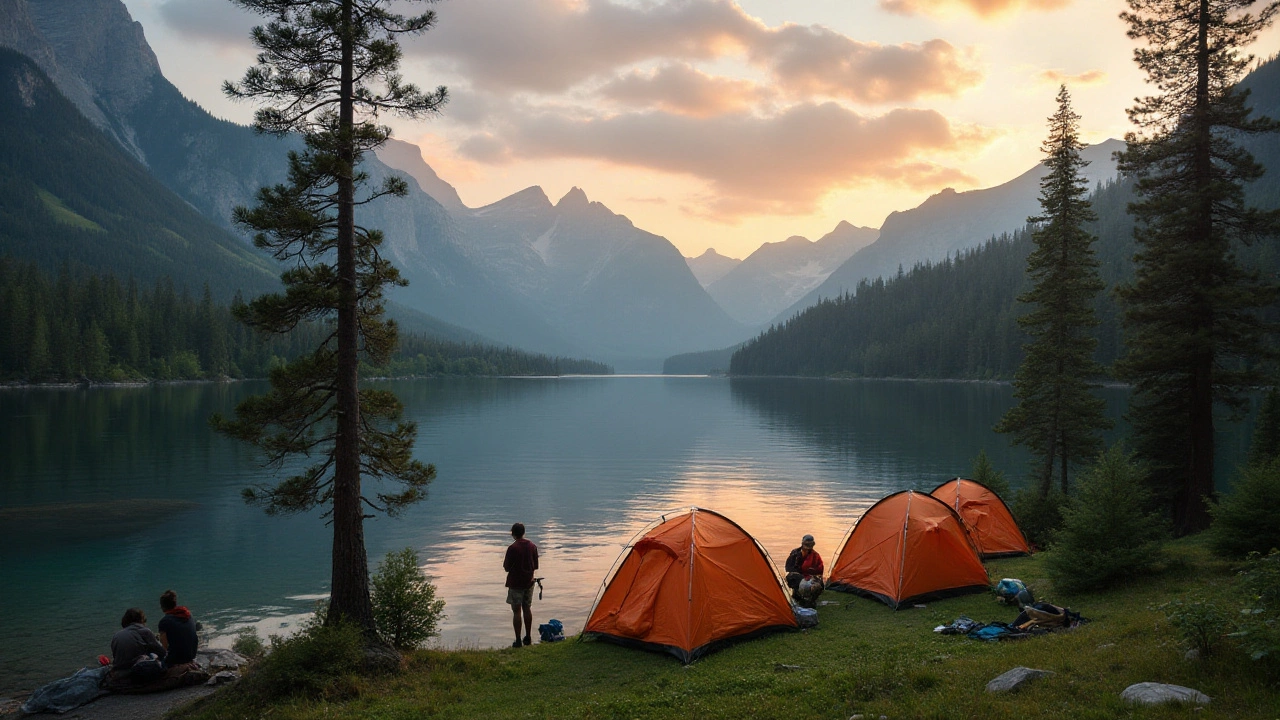Camping Legality: UK Rules You Need to Know
If you love sleeping under the stars, the first thing you need to check is whether you’re actually allowed to pitch your tent. UK camping laws can feel messy, but they’re pretty clear once you break them down. This guide gives you the basics – where you can camp, what you can’t, and how to avoid costly fines.
Where You Can Camp Legally
Most of the UK treats wild camping as a privilege, not a right. In England and Wales, you can only pitch on land you own, have permission from the landowner, or at a campsite that sells a pitch. Scotland is different: the Scottish Outdoor Access Code lets you camp on most unenclosed land as long as you follow the "responsible camper" rules – stay away from crops, move on after a night, and leave no trace.
Beach camping is a hot topic. In England, many coastal byelaws forbid sleeping on the sand after dark because of litter and safety concerns. Some council beaches make exceptions during the off‑season, but you’ll usually see signs warning you. Scotland’s beaches generally follow the Access Code, so a tent on a remote Scottish shore is often fine if you’re respectful.
Public parks are another common question. Most UK parks allow day use only – you can set up a picnic blanket, but a tent usually needs a licence or is outright banned. If you’re in a large country park, look for a designated campsite; otherwise, ask the park office for a short‑stay permit.
Common Fines & How to Avoid Them
Getting caught camping where you shouldn’t can lead to fines ranging from £50 to £500, plus possible clearance costs if authorities need to remove your gear. The most common breaches are:
- Setting up on private farmland without permission.
- Camping on protected coastal sites that have specific bylaws.
- Leaving rubbish or fire pits that damage the environment.
To stay on the right side of the law, always:
- Ask the landowner or council for permission. A quick text or email can save you a ticket.
- Follow the "Leave No Trace" rule – pack out everything you bring in.
- Check local bylaws before you arrive. A simple Google search for the area + "byelaw" often pulls up the details.
If you’re unsure, head to an official campsite. They charge a modest fee, give you electricity and waste disposal, and you’ll avoid any legal hassle.
Below are some of our most popular articles that dive deeper into specific situations you might face:
- Can You Sleep in a Tent on a UK Beach? Laws, Fines & Safer Options (2025) – breaks down which beaches let you pitch and how to stay legal.
- Can You Pitch a Tent in a Public Park UK: Rules, Tips & What Campers Need to Know – a quick guide to park permissions across England and Wales.
- Wild Camping Laws in the UK: Why Is Camping in the Wild Illegal? – explains the legal background and where you can still camp wild.
- Can You Live in a Tent on the Beach? Rules, Pros, and Realities – looks at long‑term beach stays and the risks involved.
- Sleeping in Your Car at UK Campsites: Rules, Tips, and the Real Experience – useful if you prefer car camping over a tent.
Use these resources to plan a trip that’s fun, safe, and legal. Happy camping!
Wild Camping Laws in the US: What's Legal and What's Not
Wild camping in the United States offers nature enthusiasts the thrill of immersive outdoor experiences. While the idea of spontaneous camping in untouched wilderness areas is exhilarating, understanding the legalities is essential. Wild camping laws vary greatly across different states and types of land, from state parks to national forests and private properties. This article explores these variations, offering insights into legal spots for wild camping and tips to ensure your camping adventure remains within legal boundaries.
